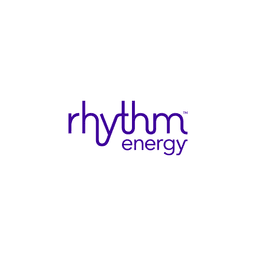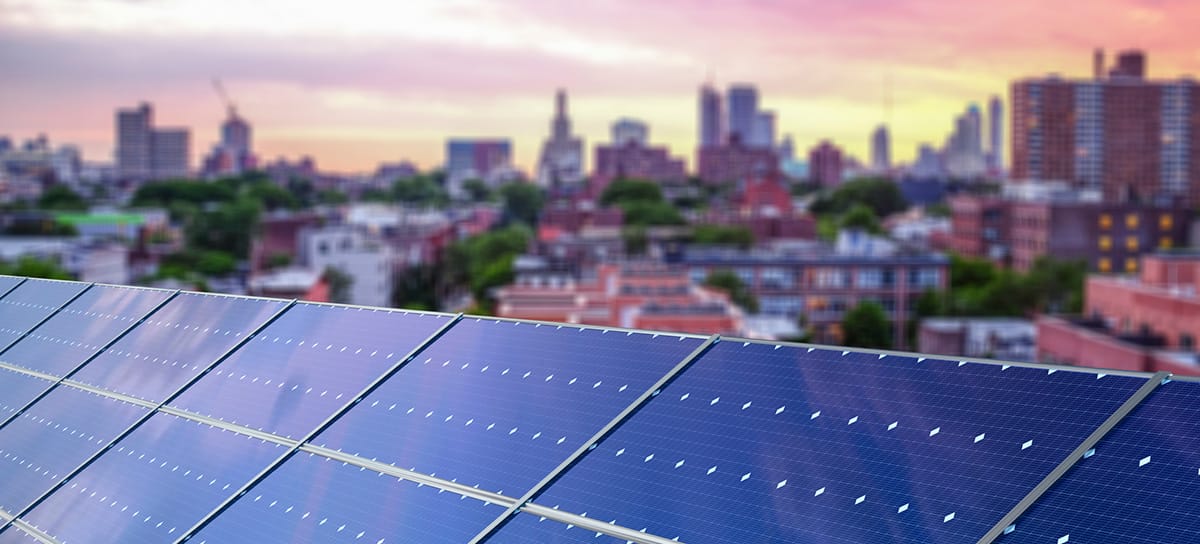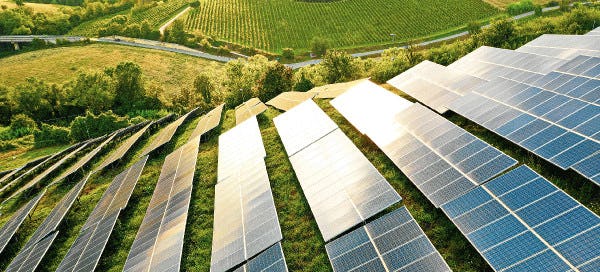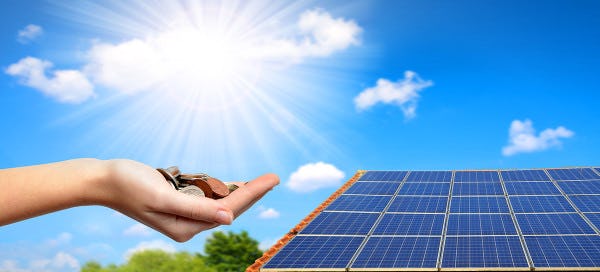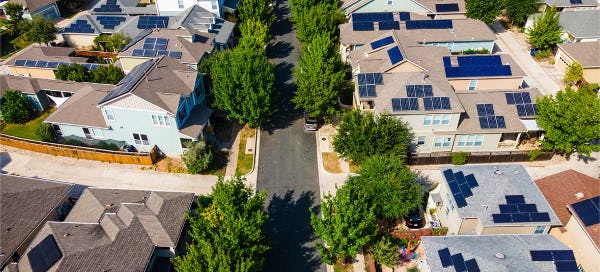With the cost of electricity and the unpredictability of fossil fuels constantly rising, your family may be considering switching to a renewable energy source, such as solar power. You've likely heard about the financial savings it offers and how it's more eco-friendly than other energy sources.
That's because everyone talks about the considerable advantages that solar power provides. However, that doesn't mean this technology isn't without flaws. When you're considering going solar, you must acknowledge the disadvantages to have all of the essential information to make an informed decision.
What Are the Disadvantages of Solar Energy?
While there are many advantages to solar panels, it's valuable to discuss the disadvantages too. Although the sun is abundant, solar energy technology might not suit every home. Here are the fundamental drawbacks of solar power:
Hefty Initial Cost
The average-sized residential solar panel system is sized between 4kW and 8kW. To operate this system, you'll need the following parts and labor:
Solar panels
An inverter
Mounting hardware and wiring
Installation
Permits
Repairs
Monitoring and maintenance costs
Miscellaneous operation and overhead costs
All of these components could cost between $15,000 and $29,000 for an average sized system and even higher the larger system you install! That price doesn't include a battery storage system or home renovations required before the system's installation.
Most likely, you'll want the battery back up. That could be an in the range of an additional $20,000 depending on the type of battery you purchase. Then you have to consider the payback period if you're not paying upfront with cash. Solar loans will accrue interest that adds to the total cost of your solar system installation.
Even if you qualify for government incentives and tax credits, you still have a payback period. In the United States, the average is between 9 and 15 years before you'll begin reaping the financial benefits of your investment.
Some manufacturers make more affordable solar panels, leading to lower installation costs. However, cheaper could also mean inferior quality. You'd be taking a risk that your system wouldn't last long enough to provide any return on investment.
To learn more about solar energy visit our other blogs:
Available Sunlight
Location is a primary factor determining how efficient solar panels will be for your home. Not all parts of the world get the same amount of sunlight, leading the efficiency of solar power to decrease as you move away from the equator.
Solar power isn't the most suitable form of energy in some geographies. However, places like Texas, have over 200 days of sunlight each year, making them ideal locations to use solar energy.
Seasons also determine the amount of sunlight available. Summer days have more daylight, producing more electricity than you need because of the earth's tilt. But in the winter, you have rotated further away from the sun, reducing the amount of power generated by solar panels.
Don't forget to consider the weather. Although Texas doesn't experience a lot of snow, it's worth noting that solar panels covered in snow may not properly absorb the sun's energy, leaving you without a sufficient electricity supply.
Extreme heat can affect solar panels, too. Several studies show that temperatures between 90 and 100 degrees Fahrenheit cause a reduction in the production of solar electricity.
Lack of Reliability
One of the most significant disadvantages to solar power is that it relies on the sun's energy. Solar panels cannot generate power during times without the sun, such as at night or on a cloudy day.
This inconsistency forces you to use stored energy from your battery backup or connect to an alternative power source like the local utility grid. Unfortunately, this means you'll have higher electricity bills on top of the solar panel payments.
Installation Site
The installation site isn't a significant factor for homeowners installing solar panels— primarily because most people invest in rooftop solar panels. However, properties that require a lot of energy will need a large installation site to create a sufficient electricity supply.
Challenges When Moving
One factor that often gets forgotten is whether you look to move in the future. Solar panels are challenging to transport after their initial installation. The contracting company may switch the lease agreement to the new homeowner if your solar energy technology is under a lease. However, they won't want to invest more money to take the solar panels down.
They even have experts on staff who consult with realtors, title agents, and inspection agents to ensure a smooth transition to the new tenant. If you want to transfer the solar panel and the leasing contract to your new home, the company can help you, but you'll have to pay for the de-installation and re-installation.
Negative Impact on the Environment
You might be thinking: "But it's solar power. How can it be bad for the environment?" Many people don't understand that manufacturers use highly hazardous materials to manufacture solar panels. Furthermore, the process creates land and water pollution and habitat loss.
In creating solar panels, toxic metals like cadmium and lead are mined from the earth. These substances increase pollution to the land and water sources.
Fortunately, in the United States, solar manufacturers are required to recycle these materials, reducing the contamination of the environment. However, many other countries — that produce 50% of the solar cells — aren't held to the same standards, leading to fields, air, water, and soil becoming polluted.
Potential Damage to Your Roof
We all want to save money by using less electricity. Solar panels can assist in electricity generation, but they may cause damage to your roof in the process.
Improper solar panel installation could result in roof gaps, allowing water to flow in and cause considerable damage to your home's exterior and interior. Making sure you conduct thorough research on installation businesses and checking for positive reviews will help you avoid these issues.
Because of their weight, solar panels require additional support to ensure they are safely attached. If your roof is not sturdy or has any weak points, the panels may cause your roof to deteriorate over time due to the added weight. You should conduct a thorough inspection of your roof to ensure that it can support the weight of the panels.
If the panels get placed at a steep angle, they may eventually fail, resulting in extensive roof damage. When solar panels are installed too high or too low on the roof, problems in the attic or gutters may develop.
These issues may void your existing roof warranty. Consult with your local roofing company to ensure your roof can support the additional weight of the solar panels and that installation will not interrupt your warranty coverage.
You Already Have Low Electricity Costs
96% of homeowners admit they've switched to solar energy primarily to save money on their utility bills. Who doesn't want to save a few bucks on ever-increasing electric bills?
However, you should consider your current electricity usage before investing in solar energy technology. You may already pay considerably lower-than-average amounts because of the following factors:
You don't have a large home
There aren't very many people living in your home
You use energy-efficient appliances
Your utility company provides low daily electric rates
If any of these apply to you and you have small electricity bills, solar panel installation likely isn't the best investment at this time.
You Don't Qualify for Solar Incentives
Government incentives and tax rebates have been a driving force in the growth of solar installation. The solar investment tax credit (ITC) provided by the federal government is currently worth 26% of purchase and installation costs, letting homeowners save over one-quarter of their initial investment.
However, not everyone qualifies for these incentives. For example, the federal tax credit only applies to those who have paid federal taxes. Other state and local incentives have qualifications that you could fail to meet. In that case, solar energy might not be your best option.
Aesthetically Unappealing
Although it's a matter of personal opinion, many people believe solar panels are unappealing or detract from their roof's appearance.
Attractiveness is undoubtedly subjective. But solar panels have become more aesthetic in recent years. Previously, solar panels had vivid blue cells with white backing and a silver frame, making them stick out. Today, all solar panels have a black back-sheet with frames made to blend in with darker shingles.
Disposing of Old Panels is Toxic
Old solar panels get melted down, producing toxic chemicals in the process. It's damaging to the local area, so you'll typically find broken and outdated solar panels taking up space in the landfill. Believe it or not, this option is better than burning.
Fortunately, most solar panels have a lifespan between 15 and 25 years, so there aren't too many obsolete components causing issues.
Is Solar Energy "Green?"
Solar energy technology is a renewable energy source, meaning it can produce at the rate humans consume it. Nonrenewable energy sources such as coal and oil aren't classified as renewable because they form over hundreds of thousands of years, making them impossible to restock at the current rate of use.
Along with being renewable energy, solar power is a "green" energy source because it has minimal adverse side effects on the environment. Unlike fossil fuels, solar energy does not release greenhouse gasses into the atmosphere. Solar energy systems produce electricity with zero emissions, anywhere there is direct access to sunlight.
Although there is some environmental impact involved in panel production, it decreases yearly as technology advances. Solar panels continue to get better at converting the sun's energy into emissions-free energy, outweighing the minimal ecological cost of producing more panels.
Is a Solar Investment Worth It?
What do you think now that you've learned about the disadvantages of solar power? This technology isn't a one-size-fits-all energy source, so only you can decide whether it's right for you. Under the right circumstances, it could be a worthwhile investment. But remember to consider the following:
Do you have access to direct sunlight?
What is the condition of your roof?
Are your electricity bills already below average?
Does your local utility company or retail energy provider offer a buy-back program for excess energy?
If you're still on the fence about converting to solar power, the best thing to do is connect with a local solar company. They'll assess your electricity use patterns and discuss your options for pricing and financing.
The Future of Solar Power
It's undeniable that renewable energy like solar reduces your carbon footprint. Unfortunately, the current technology that harnesses the sun's energy has numerous disadvantages. But it's not all bad news. Solar energy is still a new technology, and it's constantly evolving.
For example, scientists are working on a battery that uses small molecules called quinones that help rhubarb plants store energy. This form of energy storage would eliminate the need for toxic and expensive rare earth materials.
Another method uses solar energy to make methanol from carbon dioxide rather than electricity. The idea is that a factory would burn the methanol as fuel and convert it to carbon dioxide that is re-captured and stored, reducing emissions by recycling carbon instead of leaving it floating into the atmosphere.
Either way, solar energy still has a long way to go before it is efficient, environmentally friendly, and affordable for every family.
Solar Buyback Plans in Texas
At Rhythm Energy, we want Texans to benefit from any solar investment they make. Enroll in our solar buyback plan to help you increase your return on investment. If you have already switched to solar, why are you still waiting? Call Rhythm Energy to learn more about our renewable energy plans and begin saving more money.
